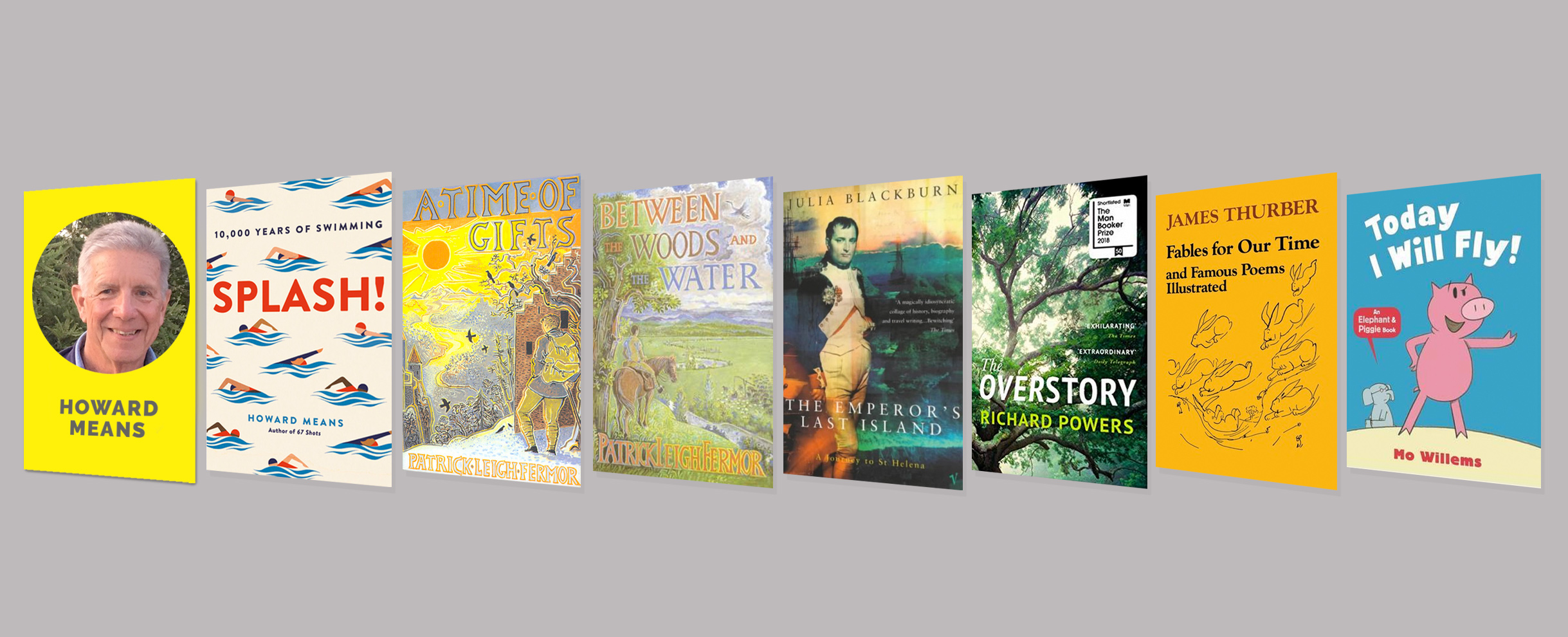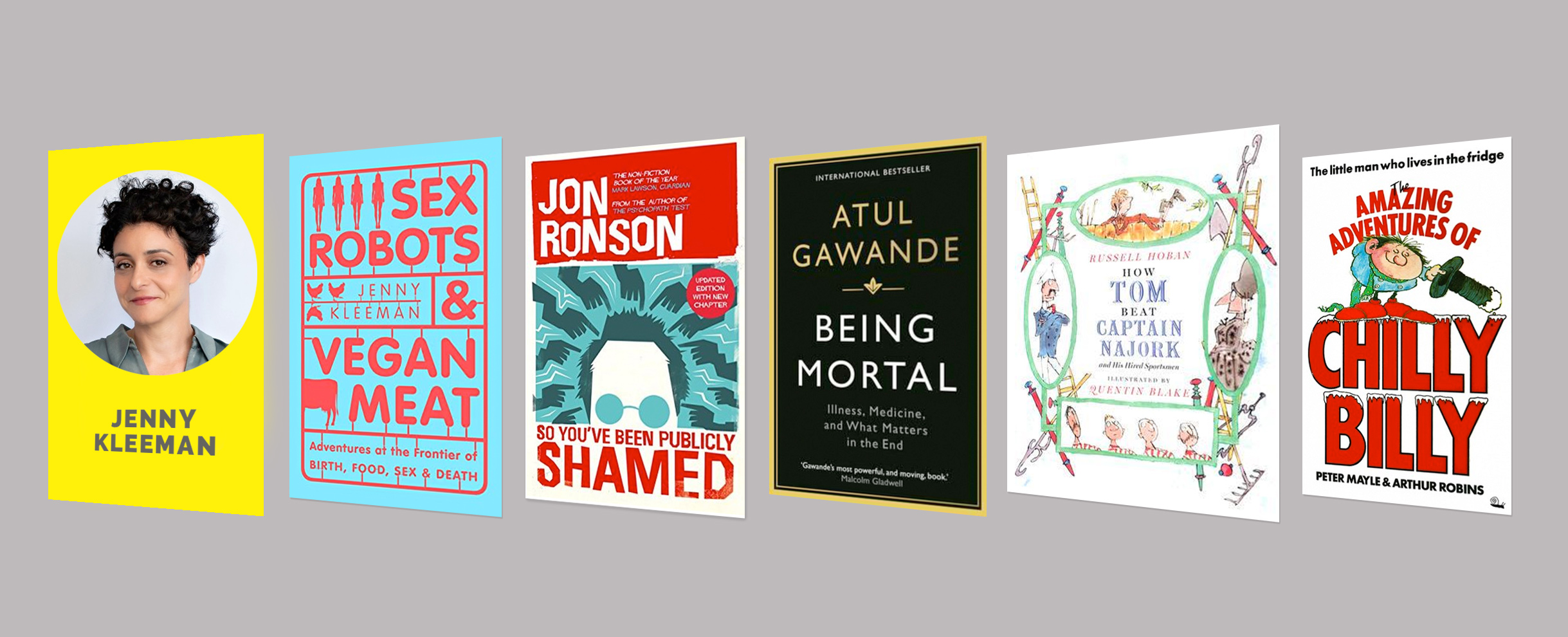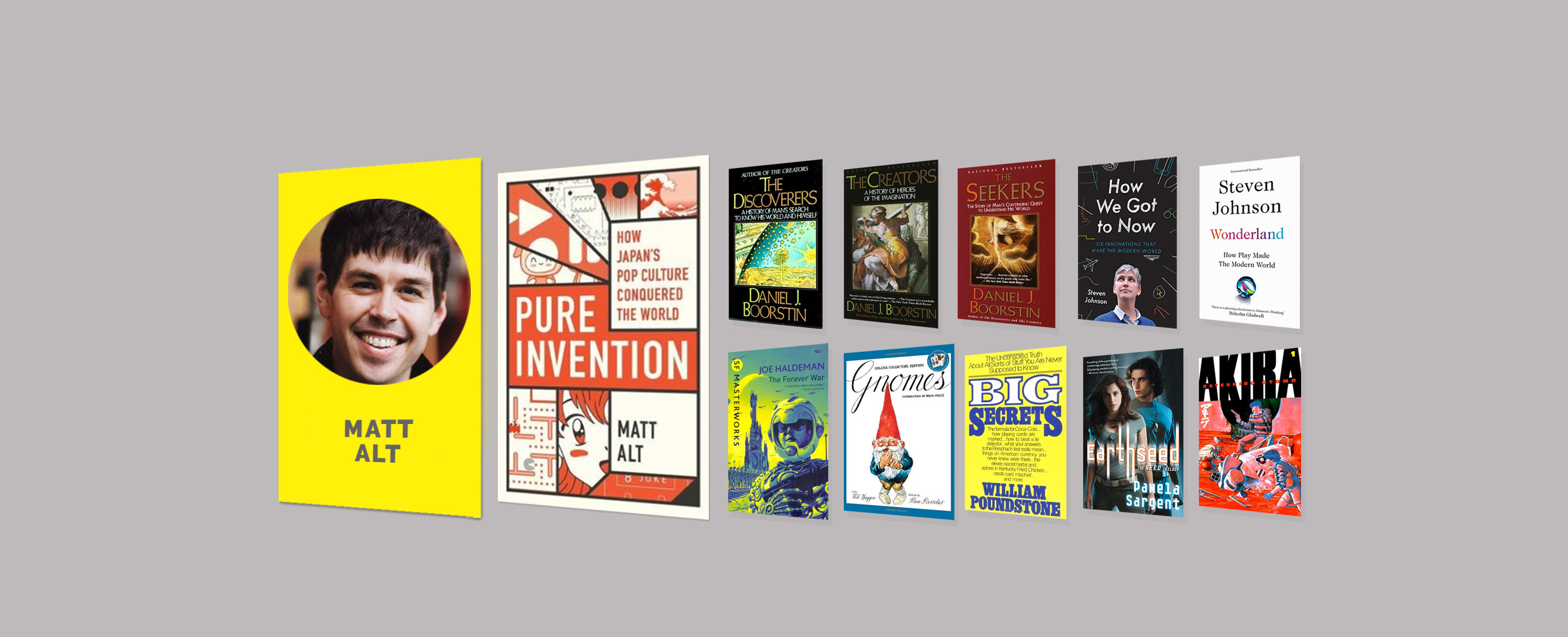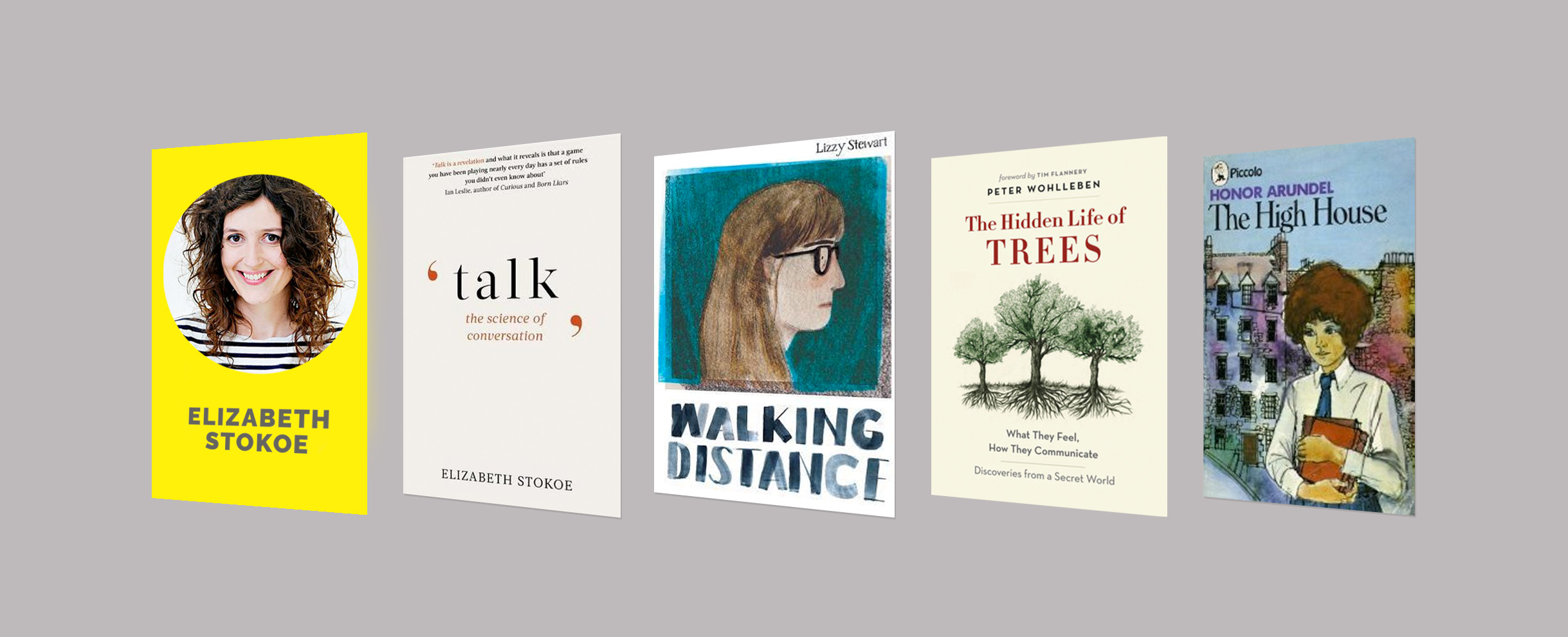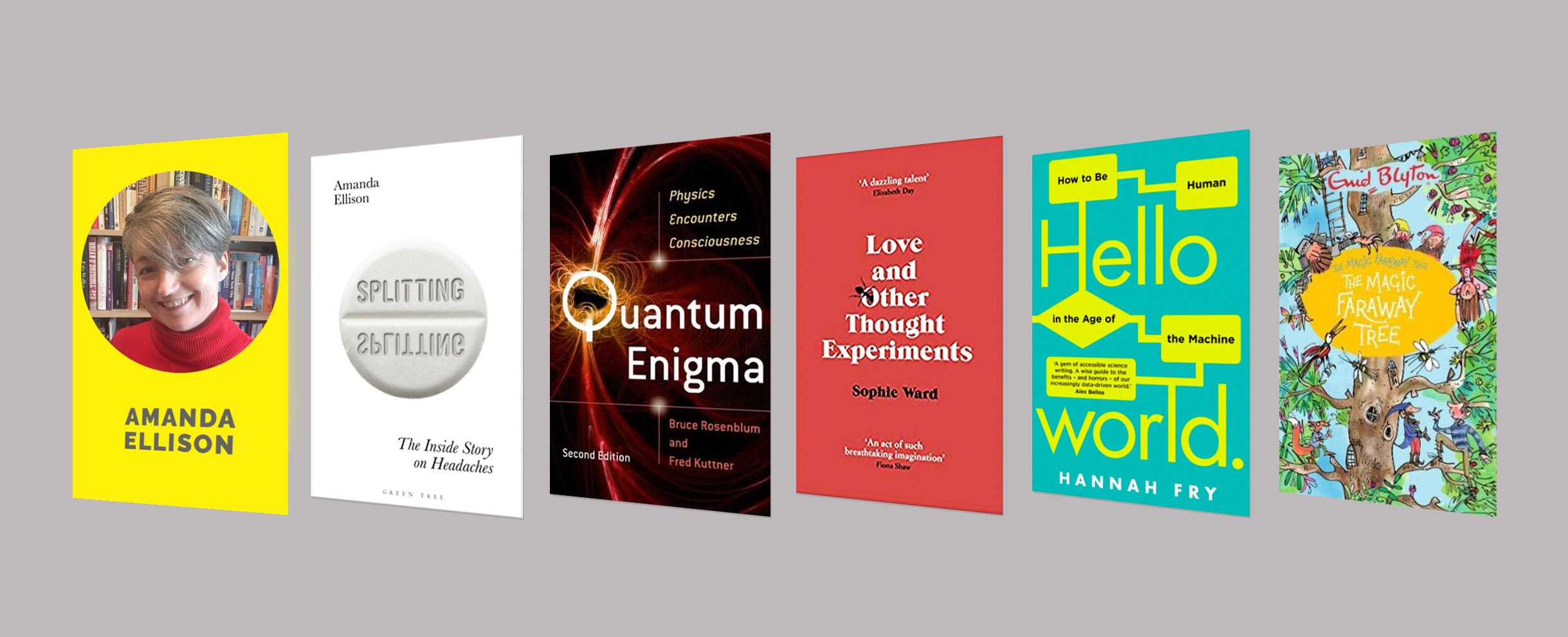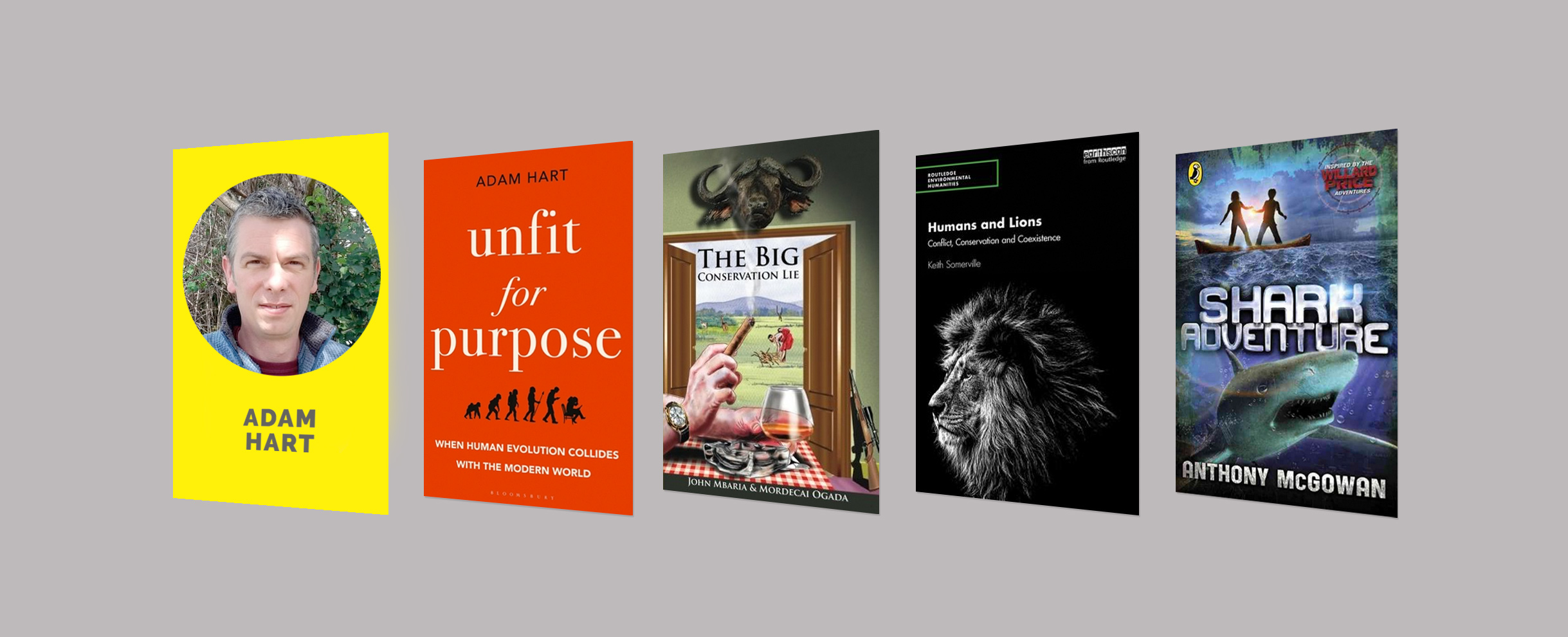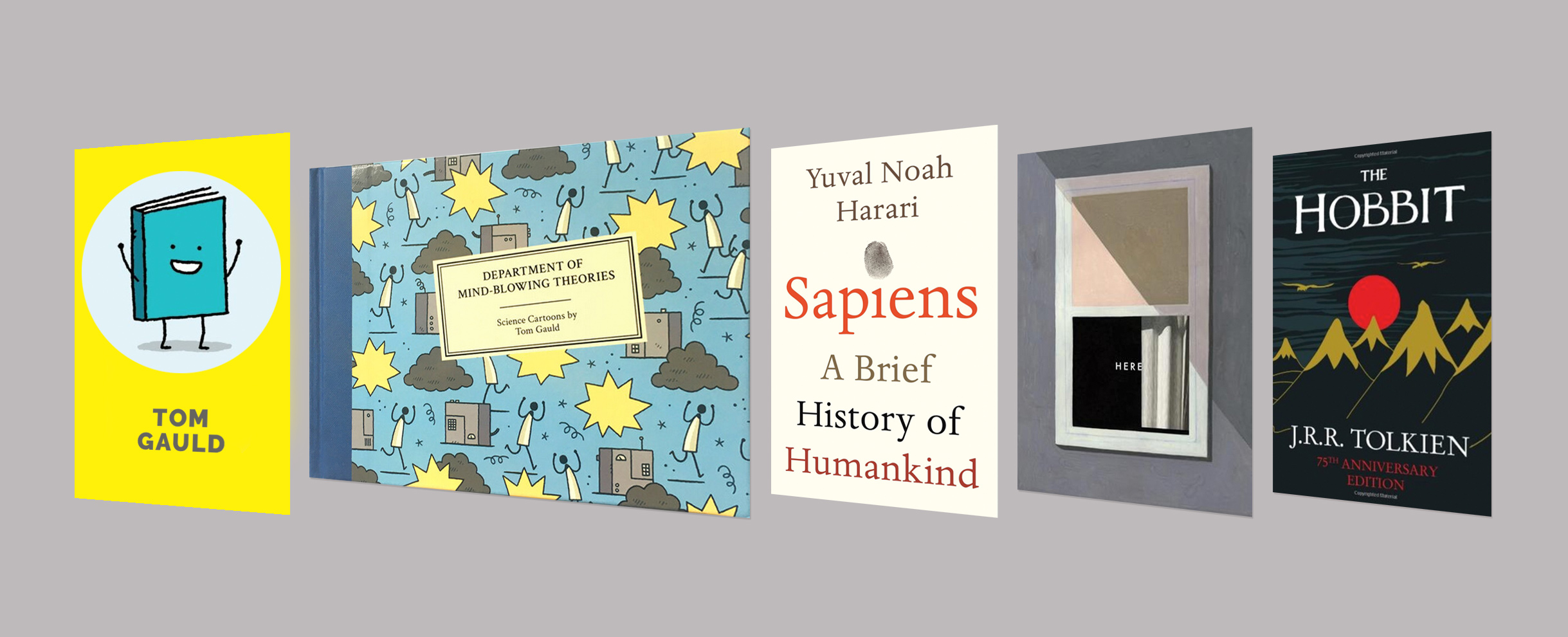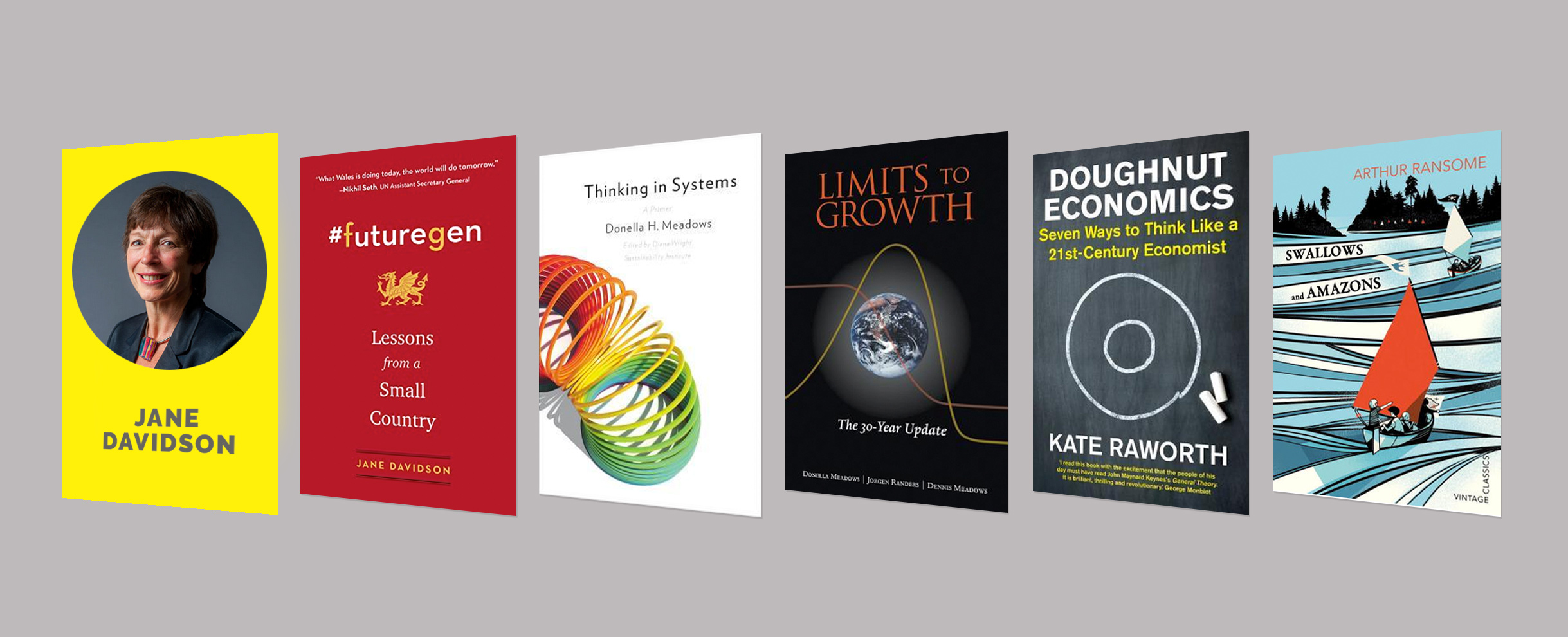Interview with Miek Zwamborn, author of The Seaweed Collector's Handbook: From Purple Laver to Peacock’s Tail
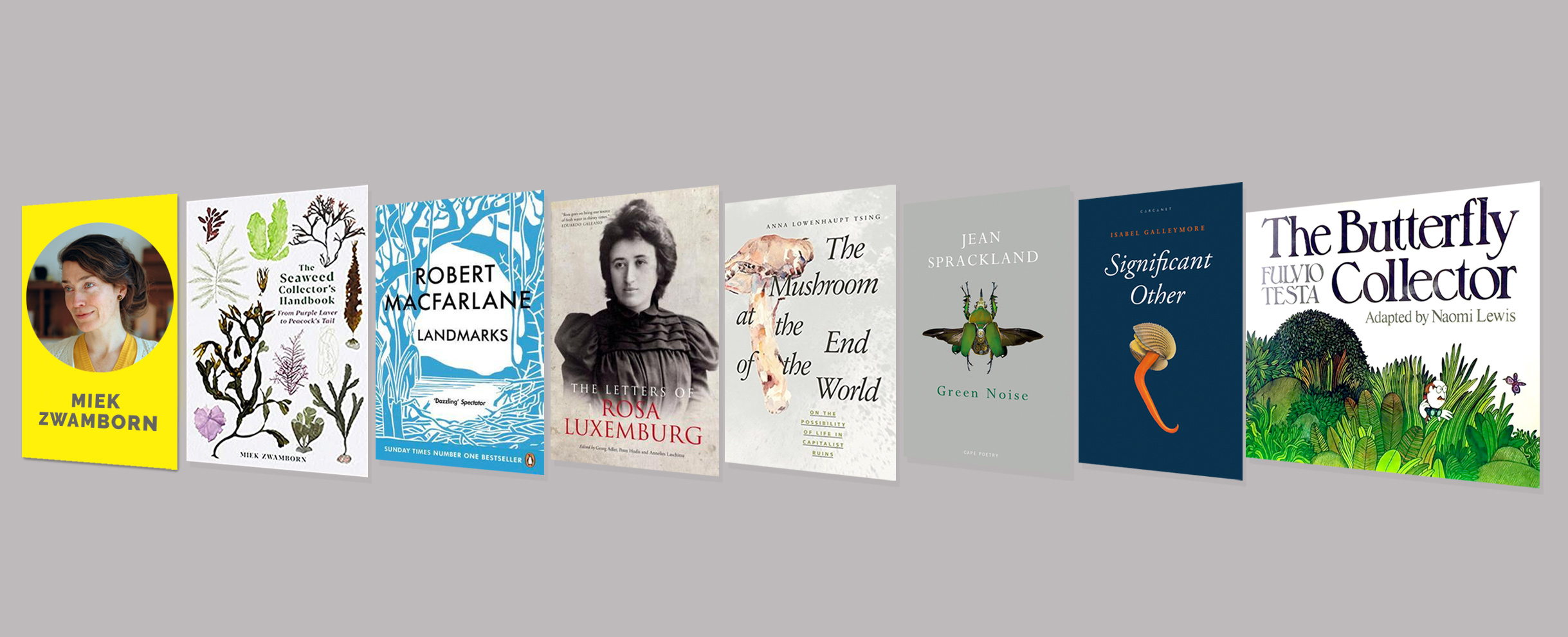
Miek Zwamborn, author of The Seaweed Collector's Handbook: From Purple Laver to Peacock’s Tail, this week recommends some inspirational books! Before jumping into the interview, please check out Miek's book:
Review from Book Depository:
Seaweed is so familiar and yet its names - pepper dulse, sea lettuce, bladderwrack - are largely unknown to us.
(All affiliate links earn commission from purchases that help fund this site. Prices accurate at time of writing)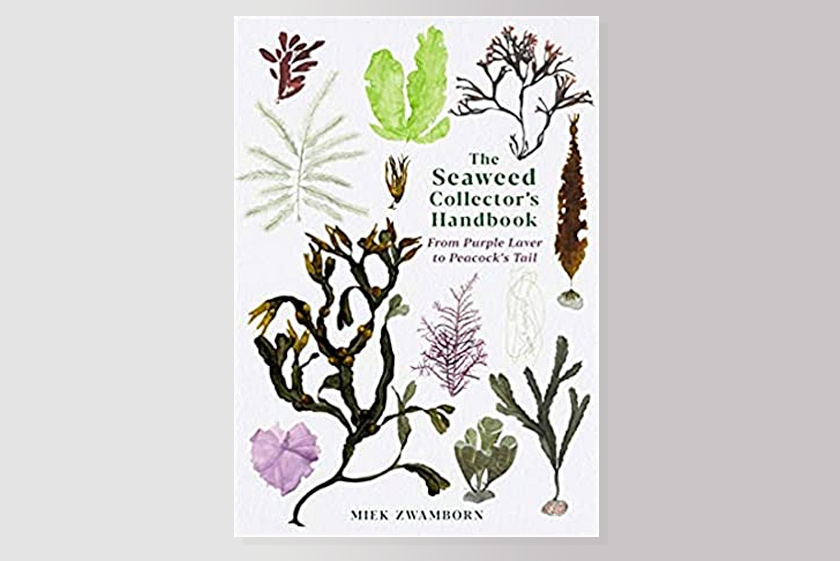
The Seaweed Collector's Handbook: From Purple Laver to Peacock’s Tail
In this short, exquisitely illustrated portrait, the Dutch poet and artist Miek Zwamborn shares her discoveries of its history, culture and use, from the Neolithic people of the Orkney Islands to sushi artisans in modern Japan. Seaweed troubled Columbus on his voyages across the Atlantic, intrigued von Humboldt in the Sargasso Sea and inspired artists from Hokusai to Matisse. Covering seaweed's collection by Victorians, its adoption into fashion and dance and its potential for combating climate change, and with a fabulous series of recipes based around the 'truffles of the sea', this is a wonderful gift for every nature lover's home.
Buy On:
Book Depository €11.73
Waterstones £12.99
Wordery $13.54
Q. Do you have a favourite smart thinking book (and why that book)?
Landmarks by Robert Macfarlane, a book that teaches me how characteristics like shapes, colours, textures and sounds that were noticed in a landscape turned into words. As if they proposed themselves to the keen people living and working in their environment. It really is a magnificent index with names of landmarks that you have to read out loud. They are full of materiality and movement. Many of these words become yet rarely used because we got so much distanced from the land and as a result have lost our preciseness. A very important research that has been done just in time.
Review From Book Depository:
Words are grained into our landscapes, and landscapes are grained into our words. Landmarks is about the power of language to shape our sense of place. It is a field guide to the literature of nature, and a glossary containing thousands of remarkable words used in England, Scotland, Ireland and Wales to describe land, nature and weather.
(All links earn commission from purchases. Prices accurate at time of writing)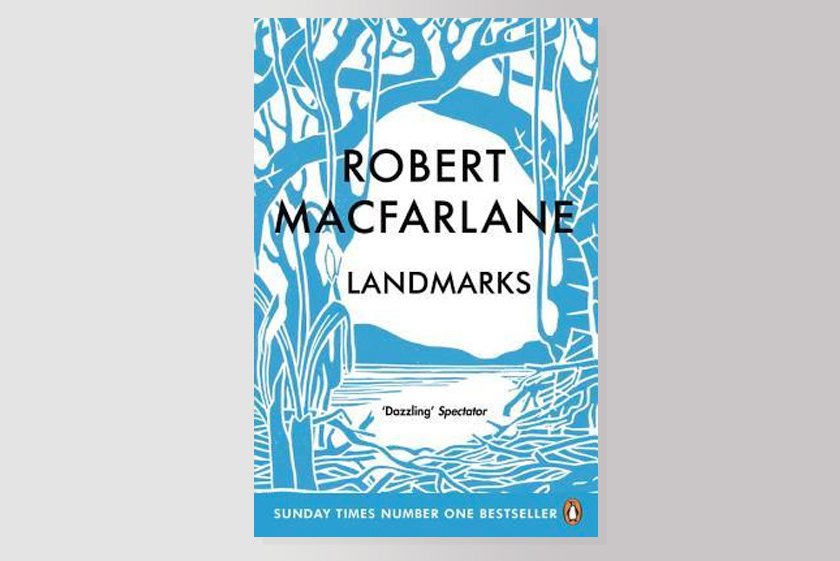
Landmarks
Travelling from Cumbria to the Cairngorms, and exploring the landscapes of Roger Deakin, J. A. Baker, Nan Shepherd and others, Robert Macfarlane shows that language, well used, is a keen way of knowing landscape, and a vital means of coming to love it.
Buy On:
Book Depository €9.75
Waterstones £9.99
Wordery $11.32
Q. What's the most recent smart thinking book you've read (and how would you rate it)?
I recently read letters of the Polish Marxist, philosopher, economist, anti-war activist and revolutionary socialist Rosa Luxemburg. A selection have just been translated to Dutch. Her letters are so accurate and hopeful in extreme difficult situations. Luxemburg comes across as a person that would always look for the best in people on such a direct way which made me write to her. By doing this I realized that the novel I am working on now was highly in need of more interaction between the protagonist and myself and I changed the whole set-up. Review From Book Depository:
For most of human history, death was a common, ever-present possibility. It didn't matter whether you were five or fifty - every day was a roll of the dice. But now, as medical advances push the boundaries of survival further each year, we have become increasingly detached from the reality of being mortal. So here is a book about the modern experience of mortality - about what it's like to get old and die, how medicine has changed this and how it hasn't, where our ideas about death have gone wrong. With his trademark mix of perceptiveness and sensitivity, Atul Gawande outlines a story that crosses the globe, as he examines his experiences as a surgeon and those of his patients and family, and learns to accept the limits of what he can do.
(All links earn commission from purchases. Prices accurate at time of writing) Review From Book Depository:
Matsutake is the most valuable mushroom in the world--and a weed that grows in human-disturbed forests across the northern hemisphere. Through its ability to nurture trees, matsutake helps forests to grow in daunting places. It is also an edible delicacy in Japan, where it sometimes commands astronomical prices. In all its contradictions, matsutake offers insights into areas far beyond just mushrooms and addresses a crucial question: what manages to live in the ruins we have made?
(All links earn commission from purchases. Prices accurate at time of writing) Review From Book Depository:
Jean Sprackland is celebrated for her tactile, transformative poetry which makes the miraculous seem familiar and the domestic other-worldly. Her new collection is tuned to new and deeper frequencies. 'Green noise' is the mid-frequency component of white noise - what some have called the background noise of the world - and these poems listen for what is audible, and available to be known and understood, and what is not. Each poem is an attempt at location - in time, in place, in language. Some enquire into the natural world and our human place in it, by investigating hidden worlds within worlds: oak-apples, aphid-farms, firewood teeming with small life. Others go in search of fragments of a mythic and often brutal past: the lost haunts of childhood, abandoned villages, scraps of shared history which are only ever partially remembered. A physical relic or a mark on the landscape seems briefly to offer a portal, where a sounding is taken from present to past and back again.
(All links earn commission from purchases. Prices accurate at time of writing) Review From Book Depository:
In her first book of poems, Isabel Galleymore takes a sustained look at the 'eight million differently constructed hearts' of species currently said to inhabit Earth. These are part of the significant other of her title; so too are the intimacies - loving, fraught, stalked by loss and extinction - that make up a life. The habit of foisting human agendas on non-human worlds is challenged. Must we still describe willows as weeping? In the twenty-first century, is it possible to be 'at one' with nature? The poems reflect on our desire to locate likeness, empathy and kinship with our environments, whilst embracing inevitable difference. As the narratives belonging to animal fables, Doomsday Preppers and climate change deniers are adapted, new metaphors are found that speak of both estrangement and entanglement. Drawing at times from her residency in the Amazon rainforest, Galleymore delves into a world of pink-toed tarantulas, the erotic lives of barnacles, and caged owls that behave like their keepers. The human world revises its own measure in the light of these poems.
(All links earn commission from purchases. Prices accurate at time of writing)
I have just started in The Mushroom at the End of the World: On the Possibility of Life in Capitalist Ruins by Anna Lowenhaupt Tsing and I am quite impressed at how the writer weaves the personal with the scientific with the practical and political sides in relation to Matsutake, the most valuable mushroom in the world. She introduces the reader to many hidden corners of modern society and fungi history and shows that there is still room to cohabit in a time of massive human destruction.
I am also reading slowly through two wonderful poetry pamphlets: Jean Sprackland’s Green Noise and Isabel Galleymore’s Significant Other, both poets that encourage new thoughts inside me about what it means to live as a human among all other creatures. They obviously have very sensitive antennes and reading their poems stimulates me to be more alert to the outer world and to break through my sometimes too simple trials to translate observations on the island into lines.
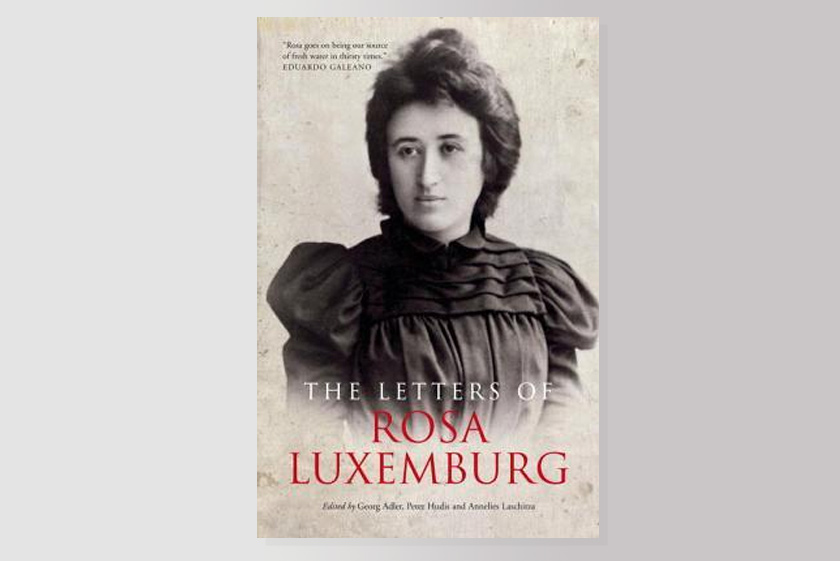
The Letters Of Rosa Luxemburg
Never before has aging been such an important topic. The systems that we have put in place to manage our mortality are manifestly failing; but, as Gawande reveals, it doesn't have to be this way. The ultimate goal, after all, is not a good death, but a good life - all the way to the very end.
Buy On:
Book Depository €25.35
Waterstones £27.99
Wordery $34.33
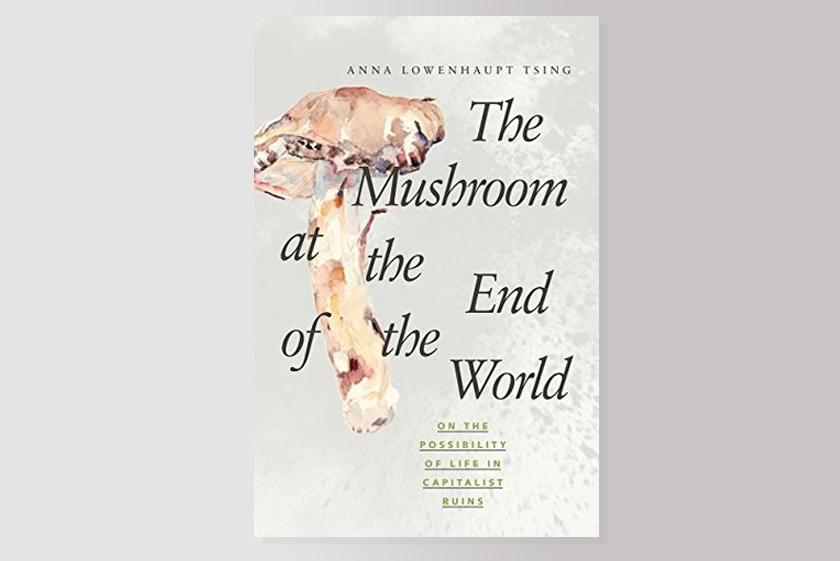
The Mushroom at the End of the World: On the Possibility of Life in Capitalist Ruins
A tale of diversity within our damaged landscapes, The Mushroom at the End of the World follows one of the strangest commodity chains of our times to explore the unexpected corners of capitalism. Here, we witness the varied and peculiar worlds of matsutake commerce: the worlds of Japanese gourmets, capitalist traders, Hmong jungle fighters, industrial forests, Yi Chinese goat herders, Finnish nature guides, and more. These companions also lead us into fungal ecologies and forest histories to better understand the promise of cohabitation in a time of massive human destruction.
By investigating one of the world's most sought-after fungi, The Mushroom at the End of the World presents an original examination into the relation between capitalist destruction and collaborative survival within multispecies landscapes, the prerequisite for continuing life on earth.
Buy On:
Book Depository €14.80
Waterstones £16.99
Wordery $19.03
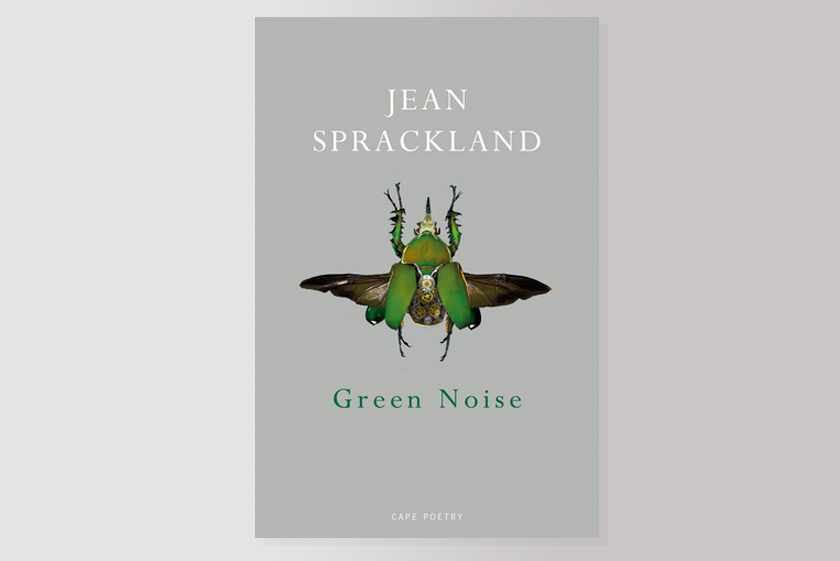
Green Noise
Deeply engaged with the flux of the world, these poems are alert, precise and vividly memorable - listening to the 'machine of spring/with all your levers thrown to max', 'hearing the long bones of the trees stretch and crack'.
Buy On:
Book Depository €9.87
Waterstones £10.00
Wordery $9.69
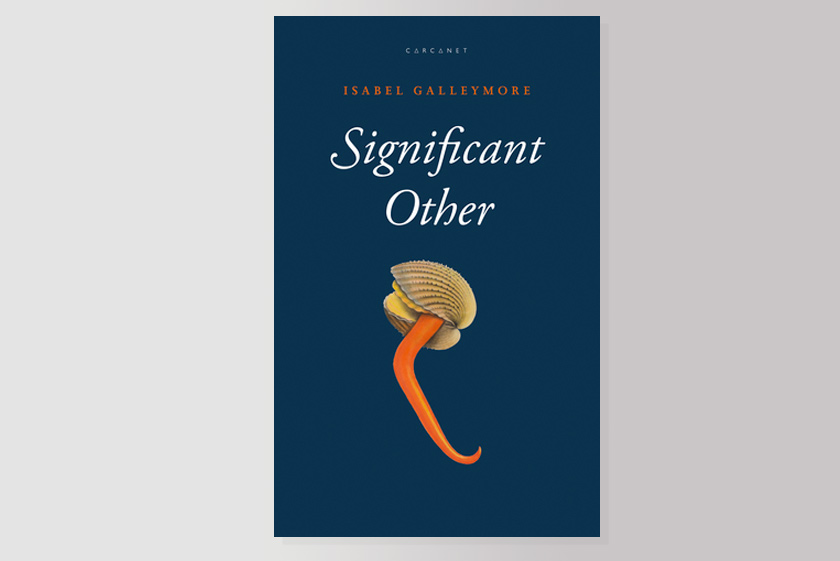
Significant Other
Buy On:
Book Depository €8.55
Waterstones £9.99
Wordery $9.85
Q. Do you have a favourite childhood book?
When I was very young I was intrigued by The Butterfly Collector, written and illustrated by Fulvio Testa. The book is about a man in a tower who catches butterflies for his collection. He crosses the pages, reaching out with his net through very fine drawn landscapes, always on the look out for that very rare specie and then he met a boy who seems to attract butterflies he has never seen before. When he asks the boy how come, he answers with a riddle and the man understand that in stead of admire and protect butterflies he locks them up. Remorseful he speaks out the wish that he hopes they would fly again and they all come out of their displays and drawers, swirling over one spread. To me that message made so much sense, I think it really formed me.
A man who has spent his life collecting butterflies learns he can better enjoy them when they are free.
(All links earn commission from purchases that help fund this site. Prices accurate at time of writing)
I was also fond of (something very different!) the Larousse Encyclopedia, especially the part about skin diseases. The engravings of the inflammations were amazingly colourful, the shapes and surfaces of the skin disorders endless diverse and of course very scary at the same time.
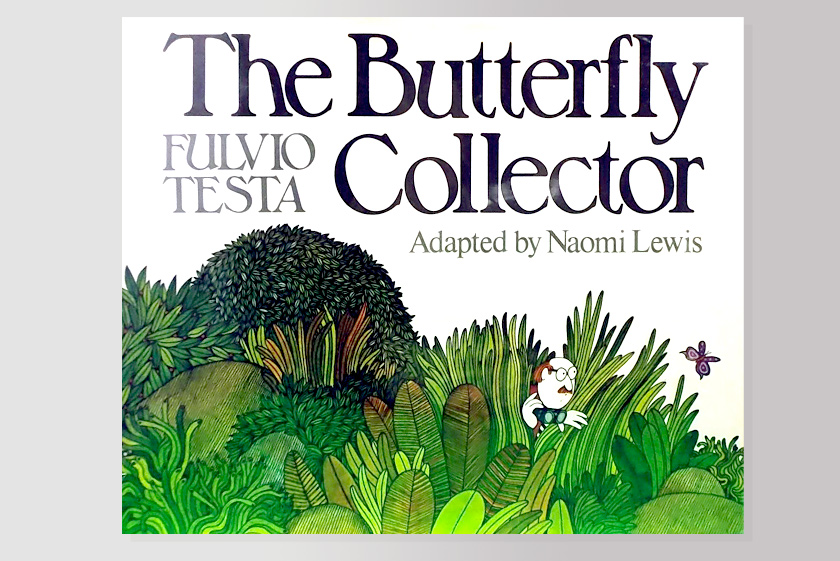
The Butterfly Collector
Buy On:
Abe Books £16.93
Q. Do you prefer reading on paper, Kindle or listening to an audiobook?
Definitely on paper, I love to be together with a book, to touch it, to have it with me for a while, to spread them out and leave them open on a specific page, a bit how you would arrange paintings on a wall. When we shipped our books (± 3,000) from Amsterdam to this sparsely populated island we started to think about how this new environment transformed our book collection and at the same time, how books shape land. In order to explore this, we decided to open up our modest library for the local community every now and then to crank up dialogue about books, landscape and living here.
And to show that my love for books and sharing them is lasting long a photograph of me, 7 years old playing library on the campsite.
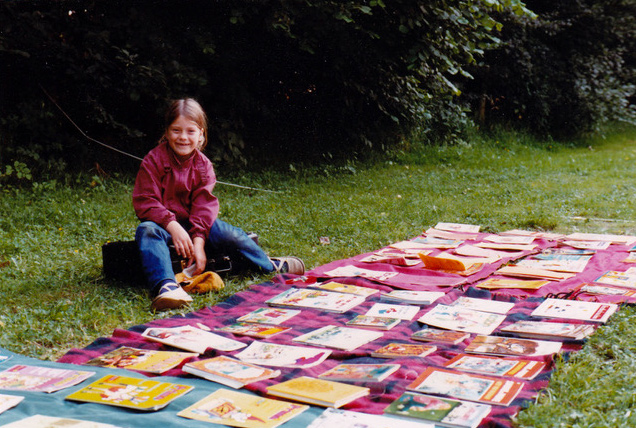
Q. Do you have a favourite bookshop (and why that shop)?
Last year I was invited to read at the Aldeburgh Poetry festival and to me that really seemed to be a mekka of poetry: poets, poetry lovers and books all together celebrating language.
There is a good bookshop on Mull called Tackle and Books. It serves both anglers and readers and when visiting Amsterdam I would always go to Boekie Woekie, an artist-run bookstore for books by artists, to Perdu, the only poetry bookstore in the Netherlands and to Antiquariaat Kok, that has books piled up till the ceiling, plenty of old etches and maps on display. I could stay there for days on end.
Huge thanks to Miek for answering my questions and for her inspirational book recommendations! Please don't forget to check out her book The Seaweed Collector's Handbook: From Purple Laver to Peacock’s Tail.
Daryl
Image Copyrights: Profile Books Ltd (The Seaweed Collector's Handbook), Penguin Books Ltd (Landmarks), Verso Books (The Letters Of Rosa Luxembourg), Princeton University Press (The Mushroom at the End of the World), Penguin Random House Children's UK (Green Noise), Carcanet Press Ltd (Significant Other), Andersen Press (The Butterfly Collector).
< Home

